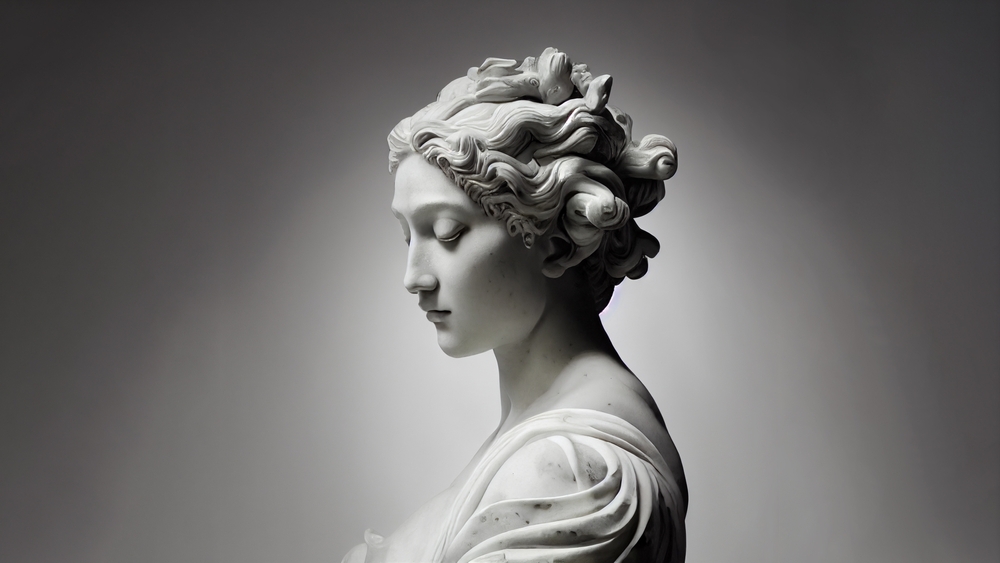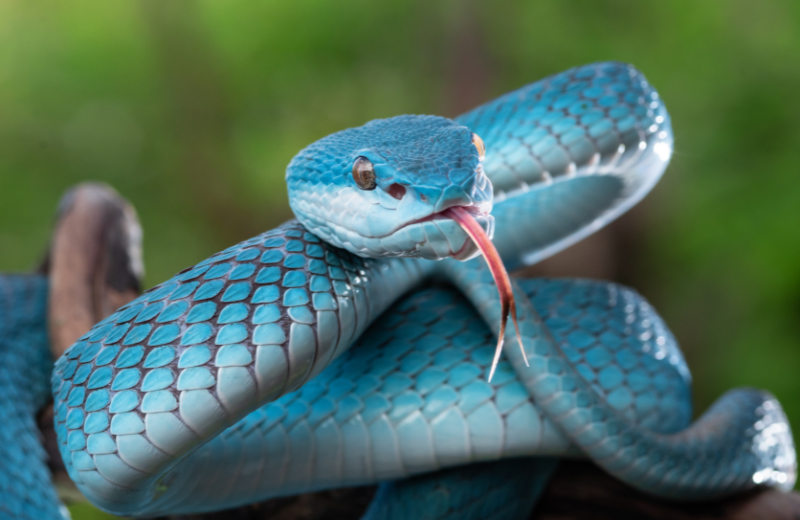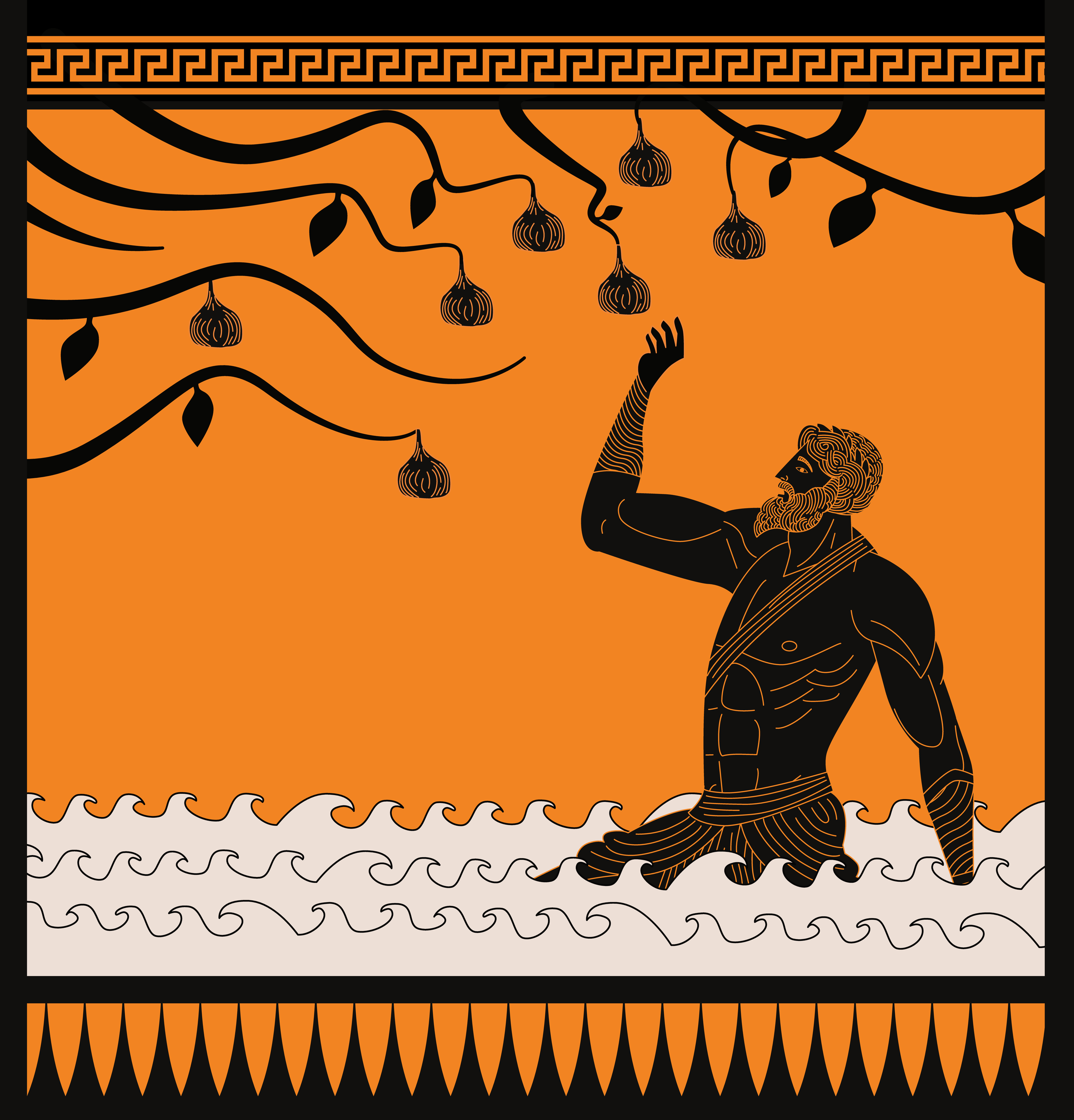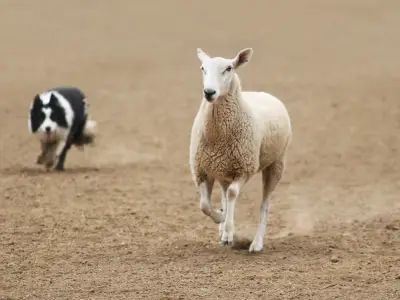Gaia, often referred to as Mother Earth, holds a special place in Greek mythology. If you've ever wondered about the origins of the gods, the planet we live on, or the mythical stories of creation, Gaia’s name is bound to appear. Her story combines elements of power, nurturing, and conflict, making her a fascinating figure to explore.
Jump to:
Recommended for you!
Best SellersWho is Gaia in Greek Mythology?
In Greek mythology, Gaia, also known as Gaea, is the primordial goddess of the Earth. She represents the physical Earth itself and is often considered the mother of all life. Gaia existed before the Olympian gods like Zeus, before the Titans, and even before time itself was structured into days and nights.
The name Gaia comes from the ancient Greek word for Earth, and her role as a deity reflects humanity’s deep connection to the planet. As the goddess of the Earth, Gaia symbolises fertility, creation, and the interconnectedness of all living things.
Myths Featuring Gaia

Gaia, as the personification of the Earth, is central to many creation and conflict myths in Greek mythology. Her stories often reflect the balance of creation and destruction, and her actions shaped the fate of gods, Titans, and mortals alike.
Gaia and the Birth of the Titans
At the dawn of existence, Gaia emerged from Chaos, the void before creation. She gave birth to Uranus, the sky, and they formed a divine partnership representing Earth and the heavens. Together, they had several children, including the Titans, the Cyclopes, and the Hecatoncheires (giants with a hundred hands).
However, Uranus feared the power of their offspring and imprisoned them in Tartarus. This act of cruelty led Gaia to plot Uranus’s downfall, giving her son Cronus a sickle to overthrow him. Cronus’s victory established the era of the Titans and set the stage for future conflicts.
Gaia and the Gigantomachy
The Gigantomachy, a battle between the Olympian gods and the Giants, highlights Gaia’s loyalty to her children. After the Olympians defeated the Titans, Gaia sought to restore balance by creating the Giants to challenge Zeus and his siblings. She imbued the Giants with immense strength, and they waged a fierce war against the Olympians.
Despite her efforts, the gods, aided by the hero Heracles, ultimately triumphed. This myth highlights Gaia’s protective nature and her role as a force of balance in the cosmos.
Gaia and the Birth of Typhon
In another myth, Gaia gave birth to Typhon, a monstrous serpent-like being, to challenge Zeus’s rule. Typhon was the most powerful and terrifying creature in Greek mythology, possessing multiple heads and the ability to breathe fire. Gaia created him as a last resort to overthrow the Olympians and avenge the defeat of the Titans and Giants.
Typhon engaged Zeus in a climactic battle, but Zeus ultimately prevailed, solidifying his position as king of the gods. This story demonstrates Gaia’s capacity for vengeance when the natural order is threatened.
What Powers Does Gaia Have?
As the personification of the Earth, Gaia’s powers are vast and elemental. She could control the land, influence fertility, and shape the natural world. Her abilities were not limited to nurturing life; she also had the power to destroy when needed.
Gaia is often associated with prophecy. In some myths, she was an oracle, offering guidance and wisdom to gods and mortals alike. Her influence was so significant that even mighty gods like Zeus turned to her for counsel.
Symbols Associated with Gaia

Gaia is often symbolised by images of the Earth, fertile soil, and nature in bloom. Her presence is felt in rolling hills, lush forests, and the richness of the land. Her symbols include:
- Fruit and Grain: Representing fertility and abundance.
- Serpents: Symbolising regeneration and protection.
- The Earth Itself: Depictions of Gaia often show her rising from the ground or blending with the land.
Gaia’s Family and Relationships

Gaia’s relationships play a role in Greek mythology, shaping the lineage and conflicts that define many myths. As the mother of gods, Titans, and monsters, her connections with other deities and her own offspring reveal her influence over creation and the balance of power.
- Union with Uranus: Gaia and Uranus, the sky, formed a divine partnership, giving birth to the Titans, the Cyclopes, and the Hecatoncheires. Uranus feared the power of their children and imprisoned some in Tartarus, sparking Gaia’s rebellion.
- The Overthrow of Uranus: Gaia plotted with her son Cronus to overthrow Uranus, providing him with a sickle to carry out the act. This event led to the rise of the Titans and a series of power struggles that would continue across generations.
Is Gaia Good or Evil?
Gaia defies simple categorisation as “good” or “evil.” She embodies balance and the natural cycles of life and death. While she nurtures life, she also destroys it when the balance is disrupted. Her actions are often driven by the need to protect the Earth and her children.
Fun Facts About Gaia
- The Oracle of Delphi was originally sacred to Gaia: Before Apollo became associated with the Oracle, it was dedicated to Gaia, highlighting her role as a source of wisdom.
- Gaia’s name translates to “Earth” or “land” in English: Her name reflects her identity as the personification of the Earth in Greek mythology.
- Gaia remains a symbol of environmentalism and interconnectedness: In modern times, she is often invoked as a symbol of sustainability and the balance of ecosystems.
- Gaia is depicted as rising from the Earth in ancient art: This imagery symbolises her role as a life-giver and nurturer.
- The Gaia Hypothesis is named after her: This scientific theory by James Lovelock proposes that the Earth operates like a self-regulating organism.
- Gaia was also known as Terra Mater in Roman mythology: The Romans adopted her story and referred to her as “Mother Earth.”
- The Gaia space observatory is named in her honour: This European Space Agency mission reflects her legacy of observing and nurturing the cosmos.
- Oaks were considered sacred to Gaia in ancient Greece: These trees symbolised strength and stability, embodying Gaia’s connection to the natural world.
Recommended for you!
Best SellersGaia’s Legacy in Modern Times
Gaia’s influence extends far beyond ancient mythology, resonating in science, culture, and environmental movements:
The Gaia Hypothesis
One of the most notable modern references to Gaia is the “Gaia Hypothesis,” developed by scientist James Lovelock in the 1970s. This groundbreaking theory suggests that Earth operates as a self-regulating organism, maintaining conditions that support life through interconnected systems like the atmosphere, oceans, and biosphere. Lovelock named this hypothesis after the goddess to reflect the concept of Earth as a living, nurturing entity. It has since become a cornerstone of environmental science and sparked debates on humanity’s role in maintaining planetary balance.
Gaia as a Symbol of Environmentalism
Gaia’s name has been embraced by environmental movements around the world, symbolising sustainability and harmony with nature. From eco-conscious organisations to grassroots campaigns, the image of Gaia as Mother Earth inspires efforts to combat climate change, protect ecosystems, and promote renewable energy. Her legacy reminds us of the importance of caring for the planet as a living entity, just as the ancient Greeks revered her as the source of all life.
Gaia in Popular Culture and Modern Spirituality
Gaia’s story also influences modern culture and spirituality. She appears in literature, films, and art as a representation of Earth’s power and resilience. In spirituality, Gaia is often invoked in rituals and meditations focused on connecting with the Earth, fostering mindfulness, and promoting ecological awareness. The concept of Gaia as a nurturing yet powerful force resonates with those seeking a deeper relationship with the natural world.
Gaia’s Scientific and Astronomical Legacy
The European Space Agency’s Gaia mission pays tribute to the goddess by mapping billions of stars in the Milky Way. This space observatory’s goal is to create the most precise 3D map of our galaxy, a fitting homage to Gaia’s association with creation and the cosmos. Her name serves as a reminder of humanity’s pursuit of knowledge and understanding of the universe.
Study Greek Mythology for £29
If Gaia’s story has sparked your interest in Greek mythology, there’s so much more to discover. From the origins of the gods to the fascinating myths that shaped ancient Greek culture, every tale offers a deeper understanding of humanity’s relationship with the divine.
Deepen your understanding with our Greek Mythology Diploma Course at Centre of Excellence. This fascinating course offers an in-depth exploration of the myths, legends, and cultural significance of ancient Greece. By enrolling today, you can enjoy a discounted price of just £29.












